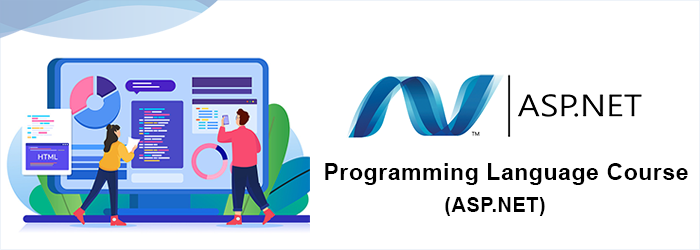The course content for ASP.NET certification training
typically includes:
Introduction to ASP.NET:
- Understanding web development concepts.
- Overview of ASP.NET and its evolution.
ASP.NET Basics:
- Building web forms.
- Handling user input and events.
- Using server controls.
ASP.NET MVC:
- Model-View-Controller architecture.
- Creating views, controllers, and models.
ASP.NET Core:
- Basics of ASP.NET Core.
- Developing cross-platform web applications.
Data Access:
- Working with databases.
- Entity Framework for data access.
- Best Practices in Exception Handling
Authentication and Authorization:
- User authentication methods.
- Role-based access control.
Web API Development (if applicable):
- Building Restful APIs.
- Consuming APIs in web applications.
Module 8: Multithreading
- Basics of Multithreading
- Creating and Managing Threads
- Synchronization and Thread Safety
Dependency Injection:
- Implementing and managing dependencies.
Middleware
- Understanding the ASP.NET request/response pipeline.
- Using middleware components.
Testing and Debugging:
- Unit testing web applications.
- Debugging techniques.
Security Best Practices
- Protecting against common web vulnerabilities.
- Data security and encryption.
Deployment and Hosting:
- Deploying ASP.NET applications to different platforms.
- Hosting options, including cloud hosting.
Advanced Topics (varies by course):
- Performance optimization.
- Real-time web applications.
- Integration with other technologies (e.g., Angular,
React).
Project Work:
- Hands-on projects to apply knowledge.

